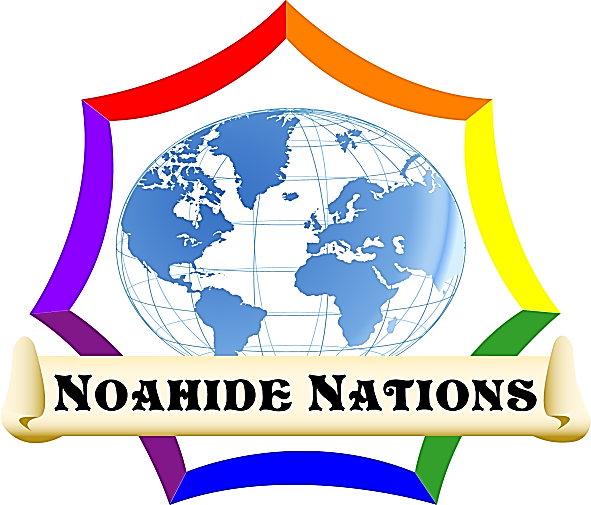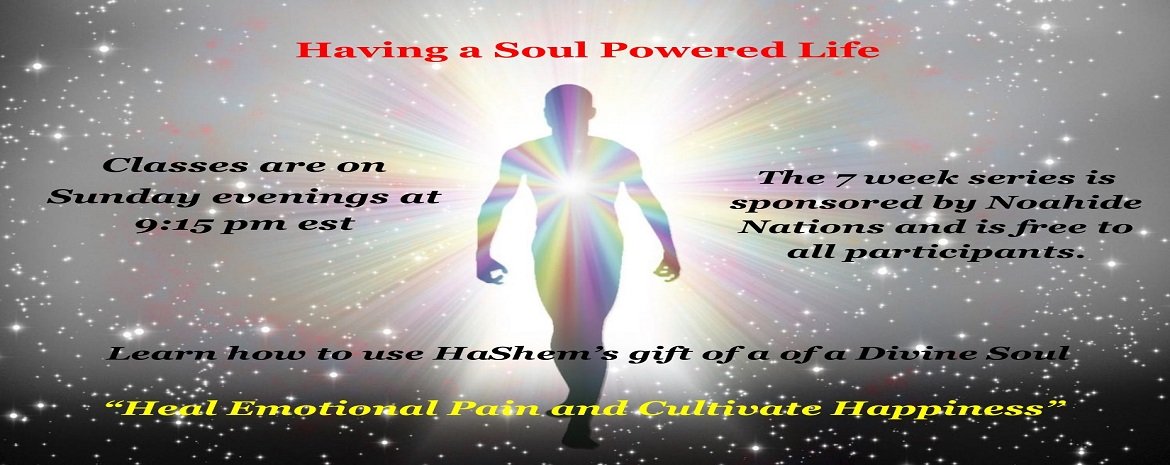Rape!!!
- Category: General
- Hits: 2583
Our portion continues the story of the life of Jacob following his return to the Promised Land after his twenty-year sojourn
in Haran to escape the wrath of his twin brother Esau. Now a wealthy man with wives, children and livestock, Jacob must first pacify Esau in order to be able to settle peaceably in the Land. A potentially devastating encounter ends with their agreement to coexist (Genesis 22:3-33:16), and Jacob advances into the Promised Land and sets up camp outside the city of Shekhem (Genesis 33:17-18). Jacob did not seek free residency. Just as his grandfather Abraham had purchased Promised Land real estate – the Cave of Makhpelah – for ready cash, so Jacob paid one hundred talents to buy the field where he encamped from its Canaanite owners, the sons of Hamor the Hivite, prince of the land, among whom the most noteworthy was Shekhem (ibid. 33:19, 34:19). Jacob then built an Altar to call upon his Maker and affirm His kingship over him. It was only natural that Jacob's young daughter Dinah would want to go out and explore her new neighborhood and see if she could find some friends among the local girls. As soon as she did so, the glamorous Prince Shekhem, having just concluded a lucrative property sale with her father, saw her, fancied her, kidnapped and raped her (ibid. 34:1-2). Kidnap and rape under Torah law The Torah views the kidnap of a person as the most serious form of theft. It is strictly prohibited on pain of death under the Noahide code and in the eighth of the Ten Commandments (Maimonides, Laws of Theft 9:1-6; Exodus 20:13 and Rashi ad loc.). The Torah also abhors rape, which is explicitly equated with murder (Deuteronomy 22:25-7). To gratify his own animal lust, the rapist seizes and humiliates the victim against her will, robbing her of her innocence and leaving her marked for life physically, emotionally and spiritually. This is a terrible offence against the dignity of woman. It is also a brutal violation of the Torah moral code, which sets the highest value upon the sanctity and purity of the marital relationship as the foundation for rearing healthy future citizens of the world. It is a girl's fundamental right to chose her partner in life and to come to her marriage as a virgin. The Torah does not favor casual sexual encounters between unattached singles and certainly abhors rape. The treatment of Dinah was viewed as a grave offense by her brothers, the sons of Jacob: “And the sons of Jacob came in from the field when they heard it; and the men were grieved, and they were very angry, because he had done a vile deed in Israel in lying with Jacob's daughter – a thing that ought not to be done” (Genesis 34:7). Under Torah law a raped woman is not obliged to marry her rapist (Maimonides, Laws of the Virgin Maiden 1:3). But while continuing to hold Dinah captive, Shekhem sought to give legitimacy to their relationship by prompting his father to negotiate a marriage agreement with her family. Hamor's proposed agreement made future peaceful coexistence, intermarriage and commerce between the Canaanites and Jacob's family contingent upon their agreement to Dinah's marriage with Shekhem. The sons of Jacob craftily stipulated that the men of Shekhem would have to be circumcised, to which they agreed. But while they were in great physical pain after the painful surgical operation, two of Dinah's brothers – Simon and Levy, who were still no more than teenagers – entered the town and put all the men to the sword and plundered everything else (Genesis 34:8-29. Was this just? From the point of view of Noahide law, Shekhem and his conniving father Hamor were liable to the death penalty for perpetrating kidnap and rape (Maimonides, Laws of Theft loc. cit., Laws of Kings 9:9). The men of the town with whom Hamor and Shekhem came to talk "at the gate of their city" (Genesis 34:20) were the town residents. The "gate" was where they met together in council. Under the seventh of the Universal Noahide Commandments, they were obliged to establish a court of law to duly punish Shekhem and Hamor. Instead, they aided and abetted them. Since they were the rulers of the land, there was no-one else to impose justice. Thus Simon and Levy – two teenagers – had no option but to take the law into their own hands, using cunning to overcome the numerical advantage of the wrongdoers in order to carry out their lawful execution. Jacob criticized Simon and Levy not because he considered their action morally wrong but because he feared that it was strategically dangerous: "And Jacob said to Simon and Levy: 'You have troubled me, to make me odious to the inhabitants of the land, the Canaanites and the Perizzites; and, I being few in number, they will gather themselves together against me and strike me; and I shall be destroyed, I and my house.' " (verse 30). But Simon and Levy justly answer back: "Should our sister be treated as a harlot?" (verse 31). To this Jacob gave no answer. Some questions for today The biblical tale of the rape of a young girl by a powerful despot rings with special poignancy today not only because sexual promiscuity and actual rape are so very rampant in our societies but also because the very minds and souls of our young people are "raped" from the earliest ages through the licentiousness that is all around us and that invades us in the privacy of our very homes through the power of contemporary communications media. Today's older generation remember that until the 1960's a certain standard of modesty prevailed in public forums, in the press, TV and radio, entertainment, advertising, etc. However, this subsequently came under attack as being "repressive" and "unhealthy", and through the influence of some leading "thinkers" and "philosophers" together with growing numbers of "artists", "entertainers" and "celebrities", the flood-gates were opened to the new culture of freedom, liberation and moral license that now prevails. Today sex education is considered a vital part of school curriculums for pre-teens. Little children – like everyone else – are exposed to all kinds of TV, movie, press and advertising images that are unfit even for mature adults. Popular music and movies are constantly suggestive if not downright explicit. Through the revolution in communications technology, every kind of pictures, videos, instant messaging, phone-chat and much more are available to 9 and 10-year olds, while the entire underbelly of worldwide sexual excess is accessible via Internet on the click of a mouse. What can we do? Those seeking to lead their lives in accordance with the Torah code of modesty may feel they have little or no power to influence the surrounding permissive culture. One challenge is to filter what comes into the home and the mind through the TV, Internet, cell phones, newspapers, magazines etc. when these are now essential parts of people's lives. How can parents and educators fight the rape of children's minds through inappropriate images and other pernicious influences? Tragically, the damage is all too often already done by the time the parent recognizes it, when filtering is no longer a possibility. Parents should shed tears in prayer to God that their children should grow and mature in purity, find their true soul mate and establish a home based on God's laws and teachings. We should pray for compassion on those who are far from this path. Wherever possible, parents should seek to protect their children from exposure to harmful surrounding influences, striving to build their immunity by through exemplary behavior and coherent explanation of the Torah principles of moral purity, which correspond to what wisdom and good sense dictate. It would be desirable to establish friendship circles and support networks with likeminded people. The most effective protest against present-day indecency will be for God-fearing citizens of the world to join together to promote the proper education of our children in true Torah standards of dignity and morality.


 French (FR)
French (FR)  English (UK)
English (UK) 




